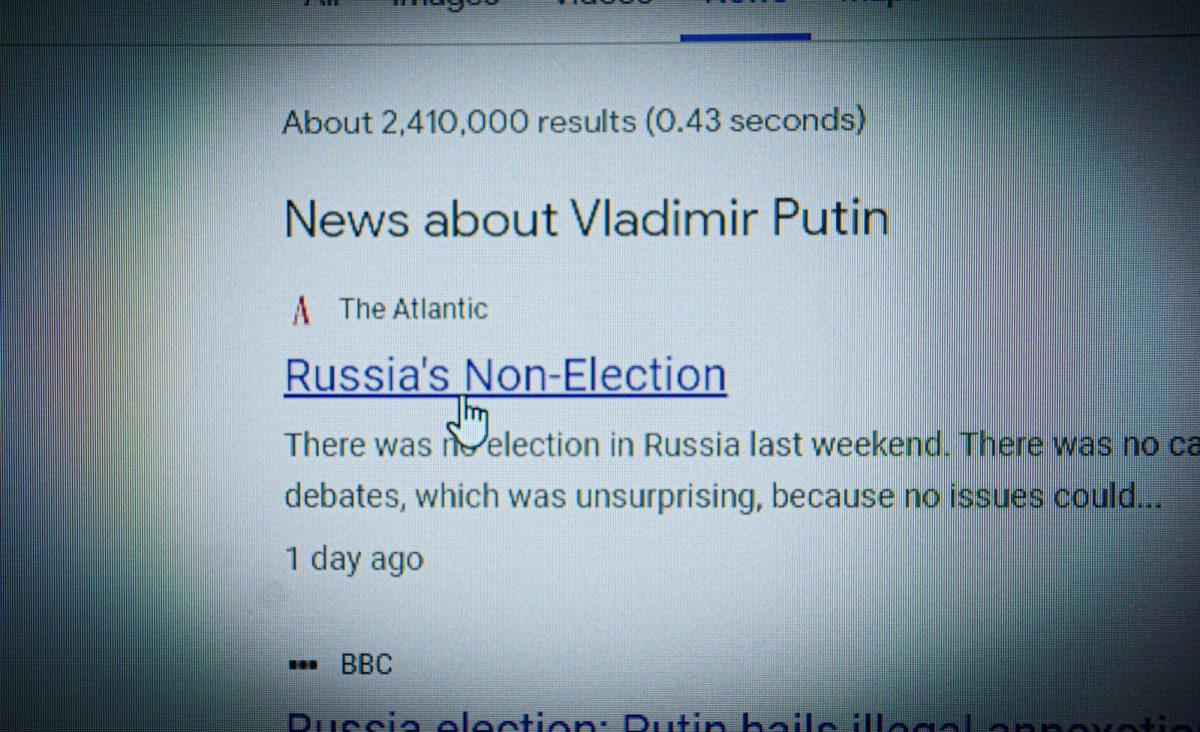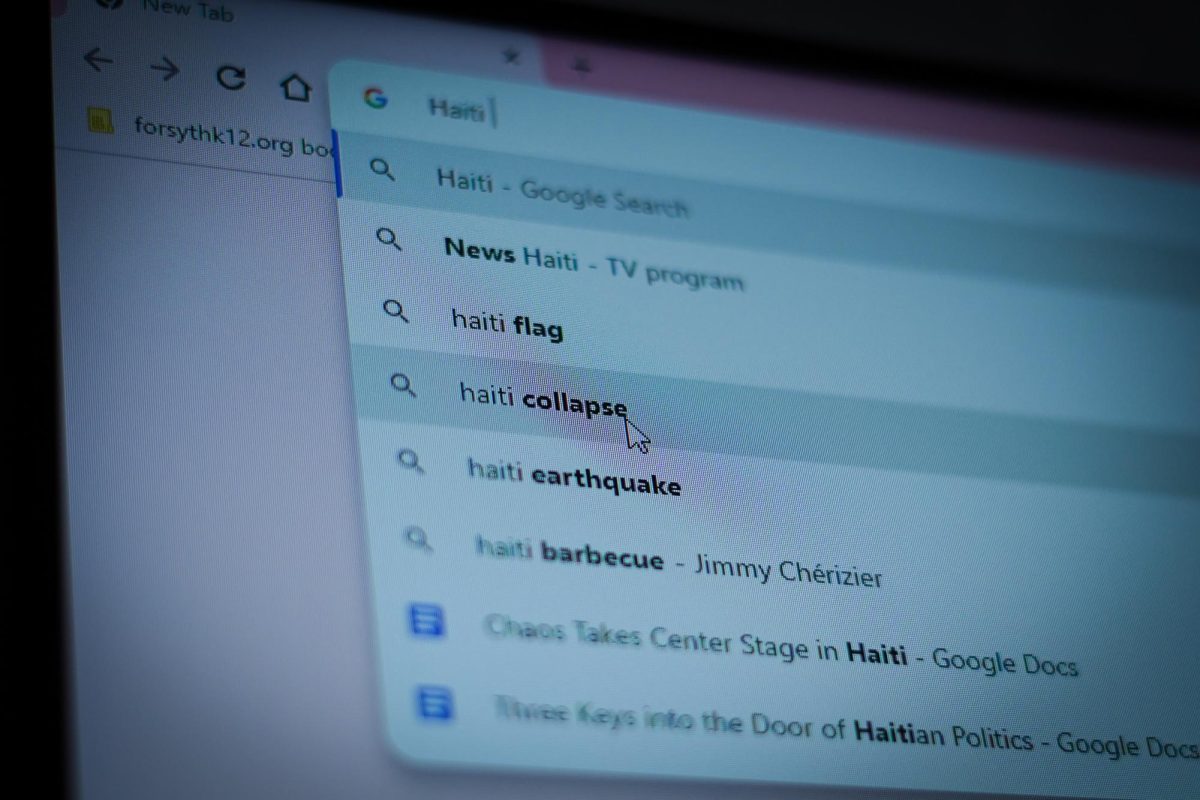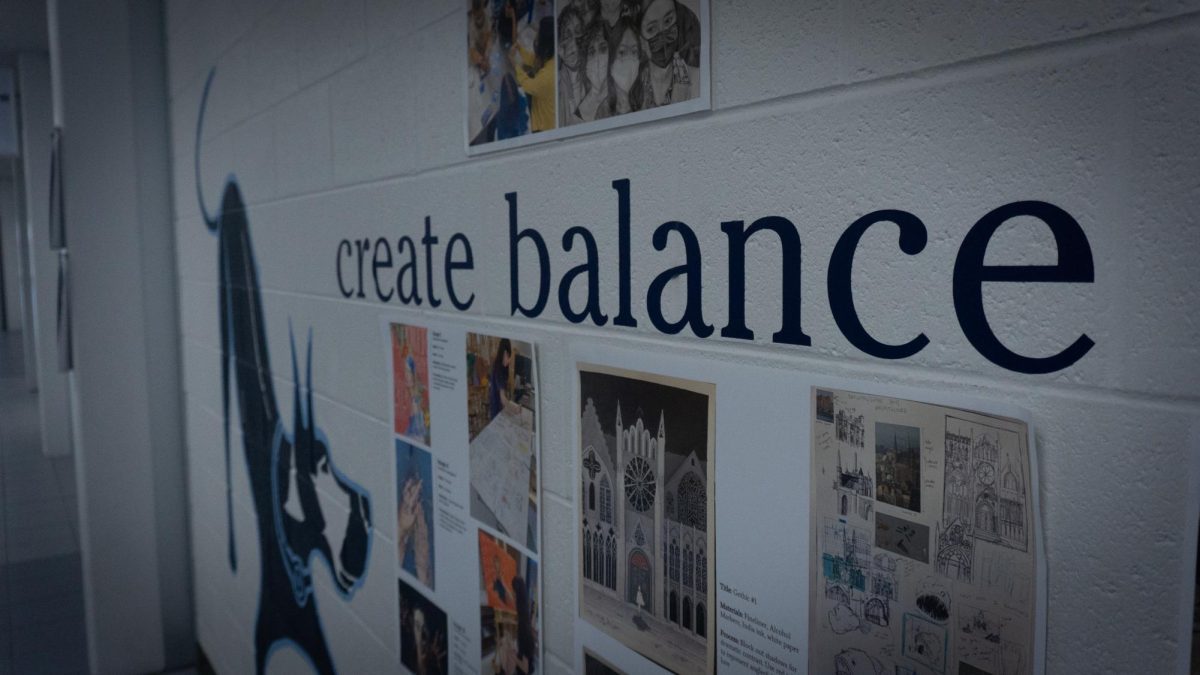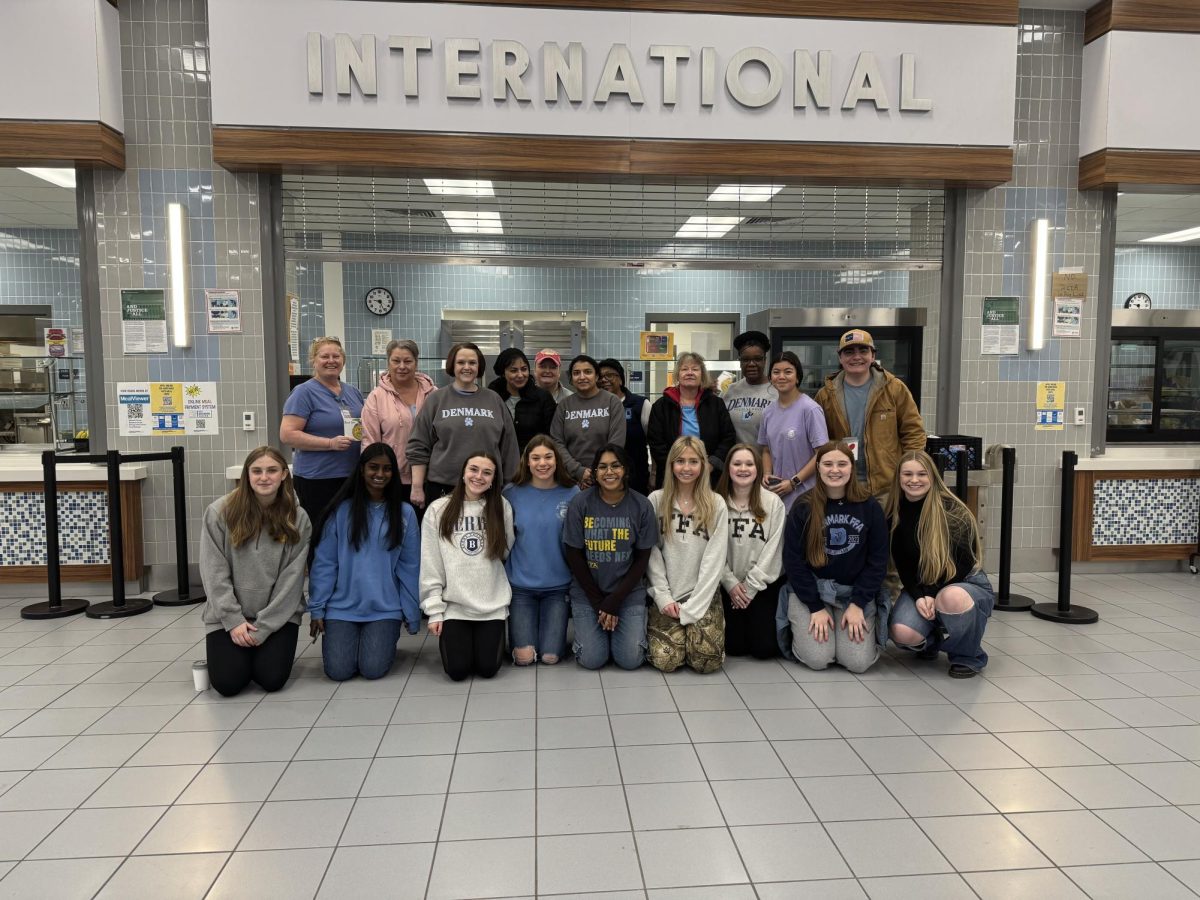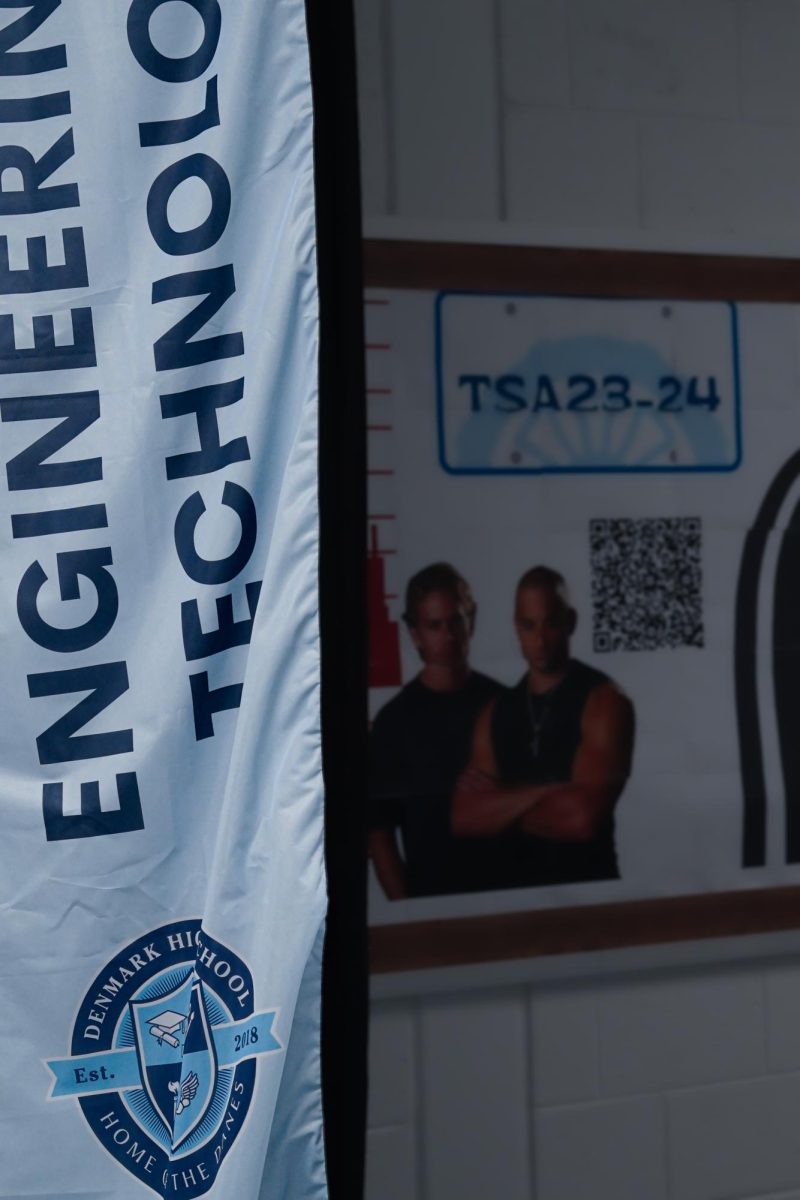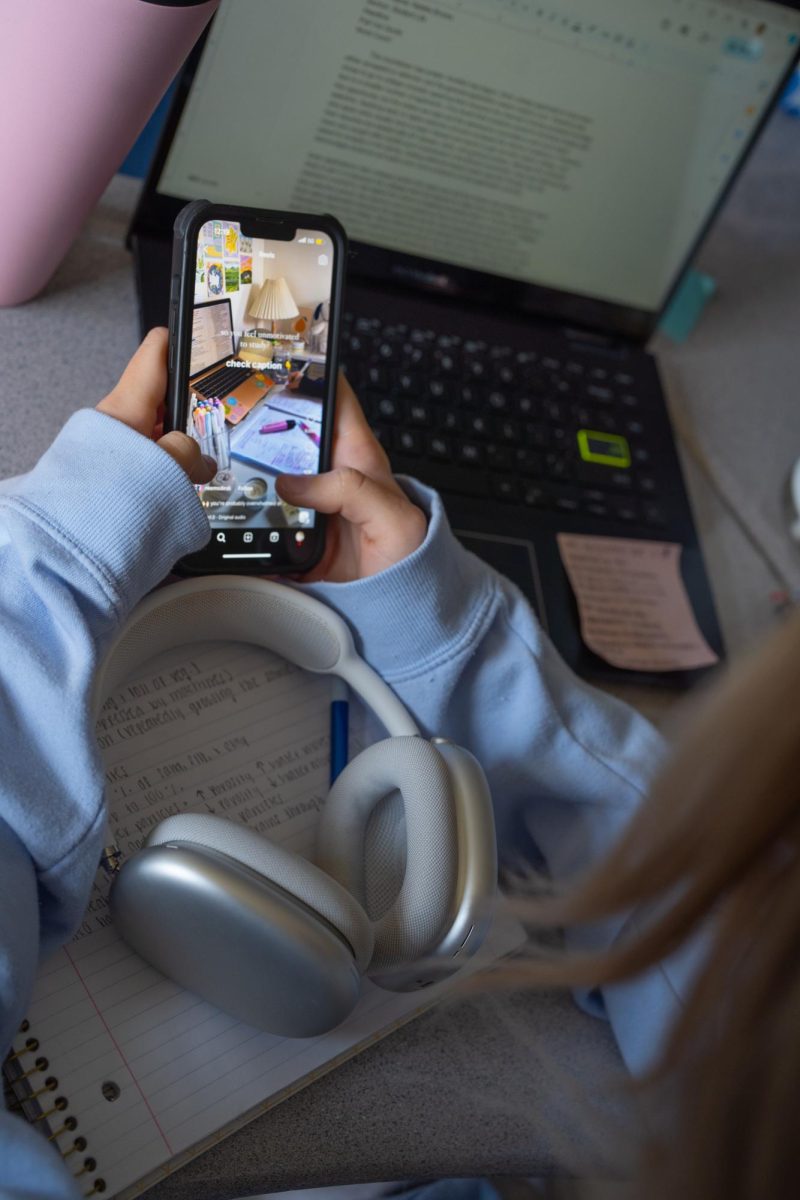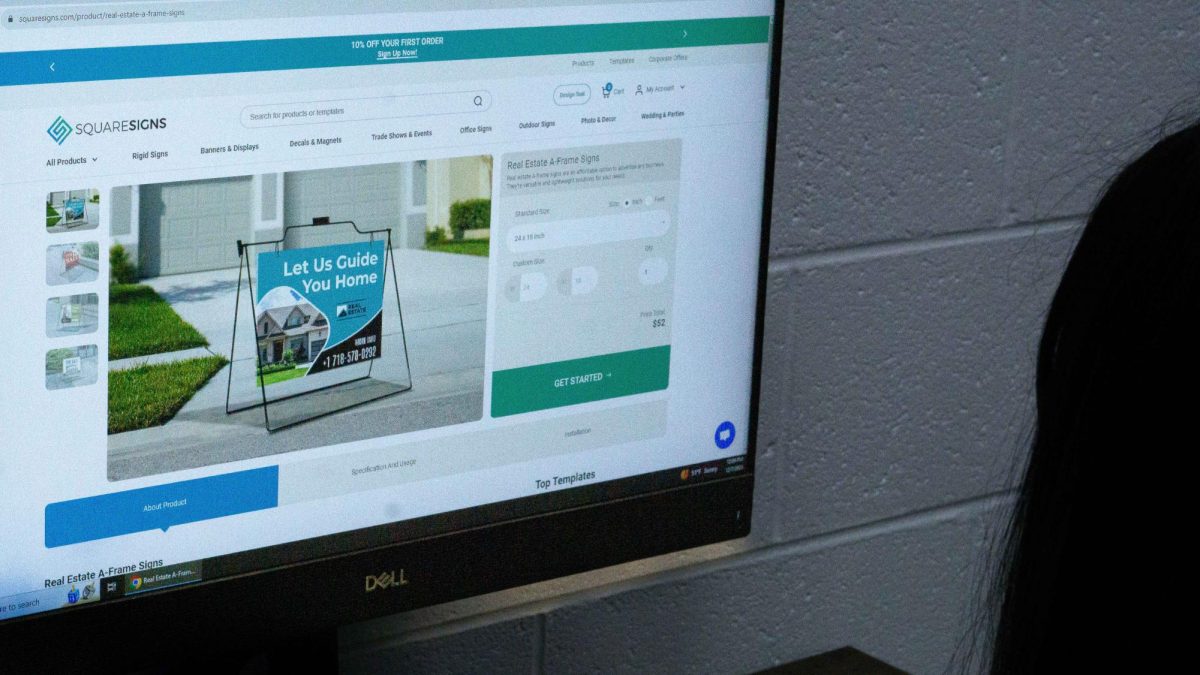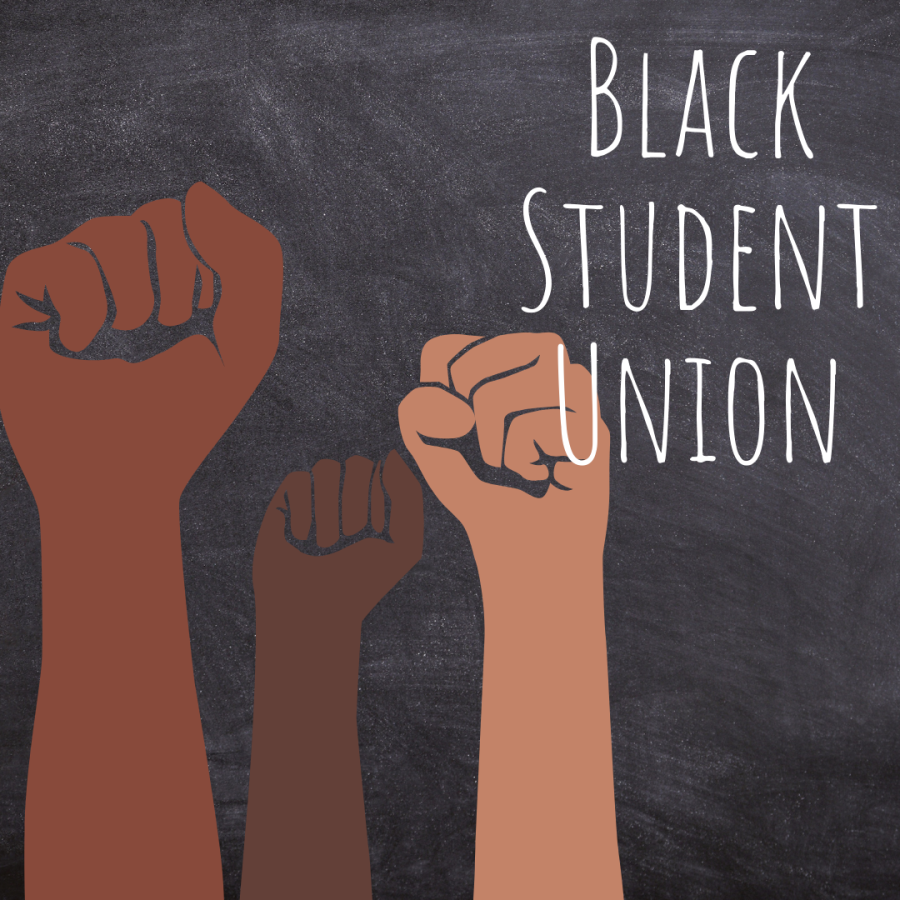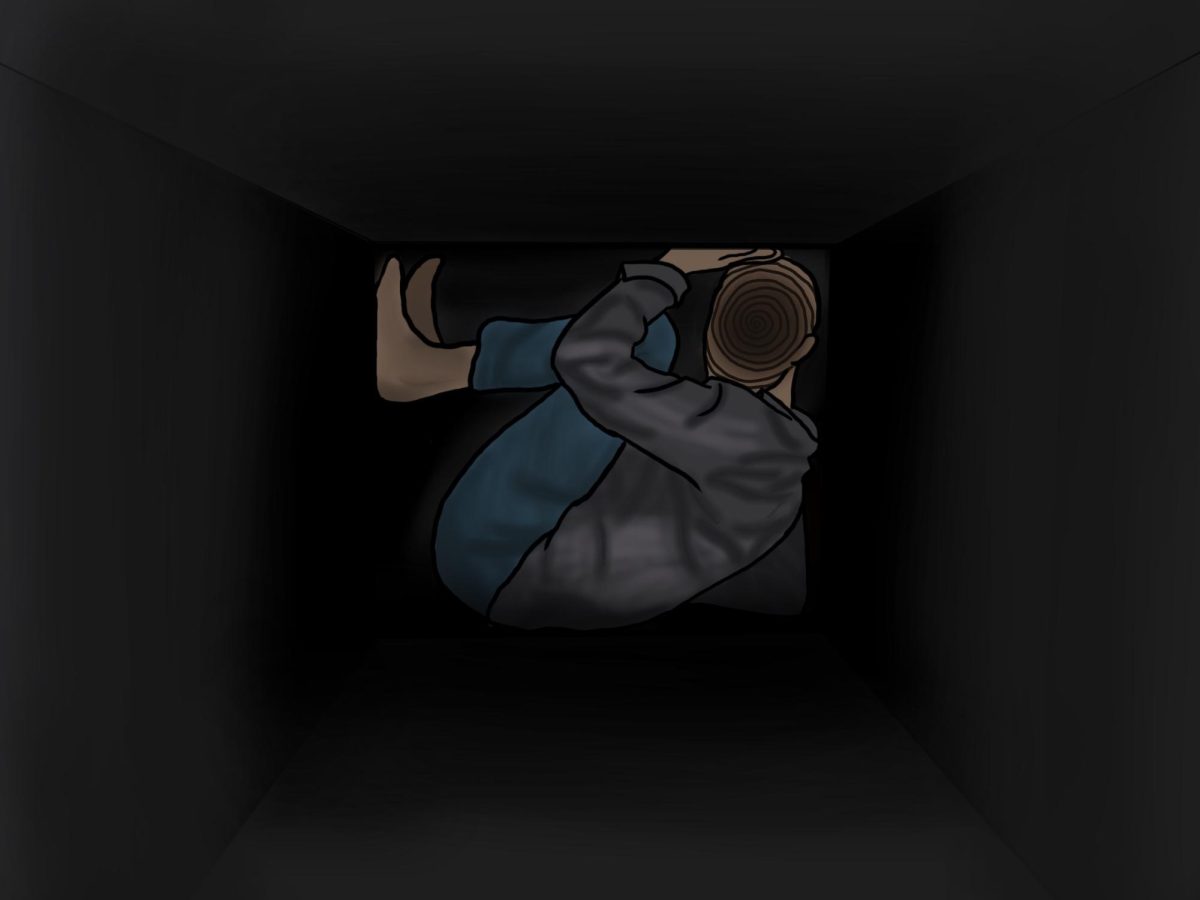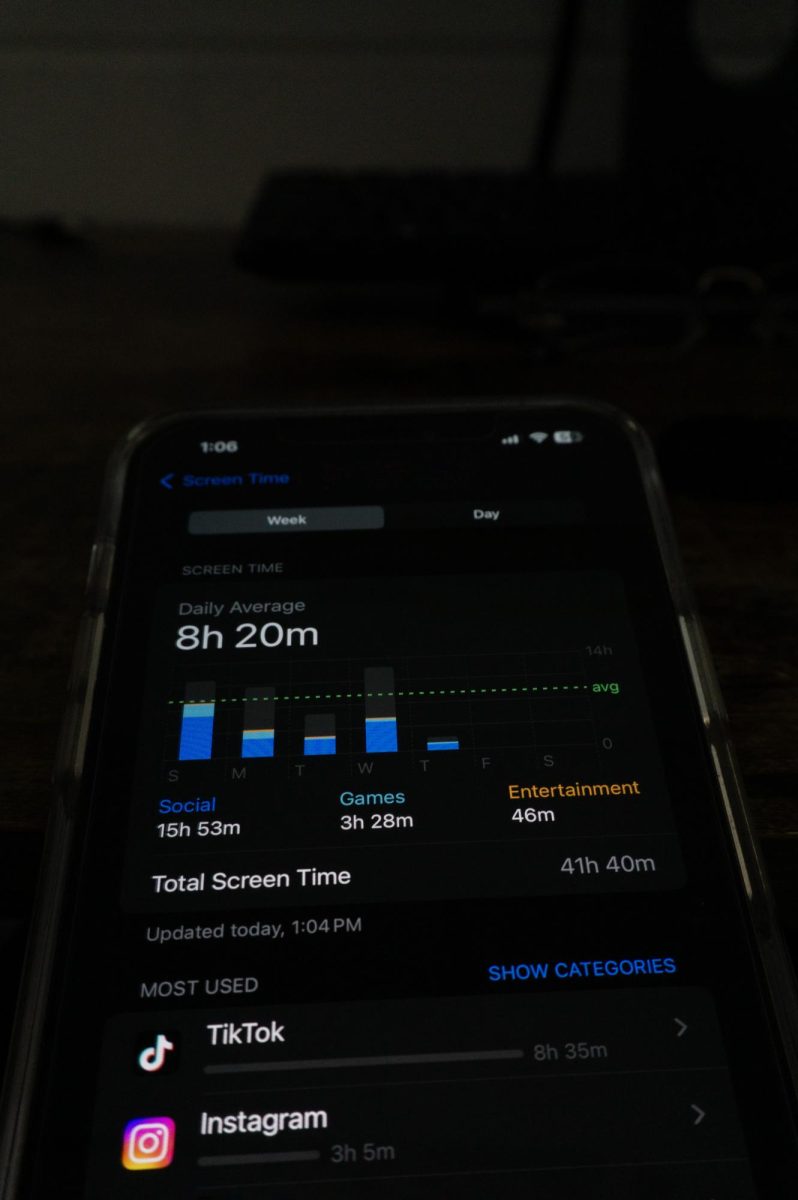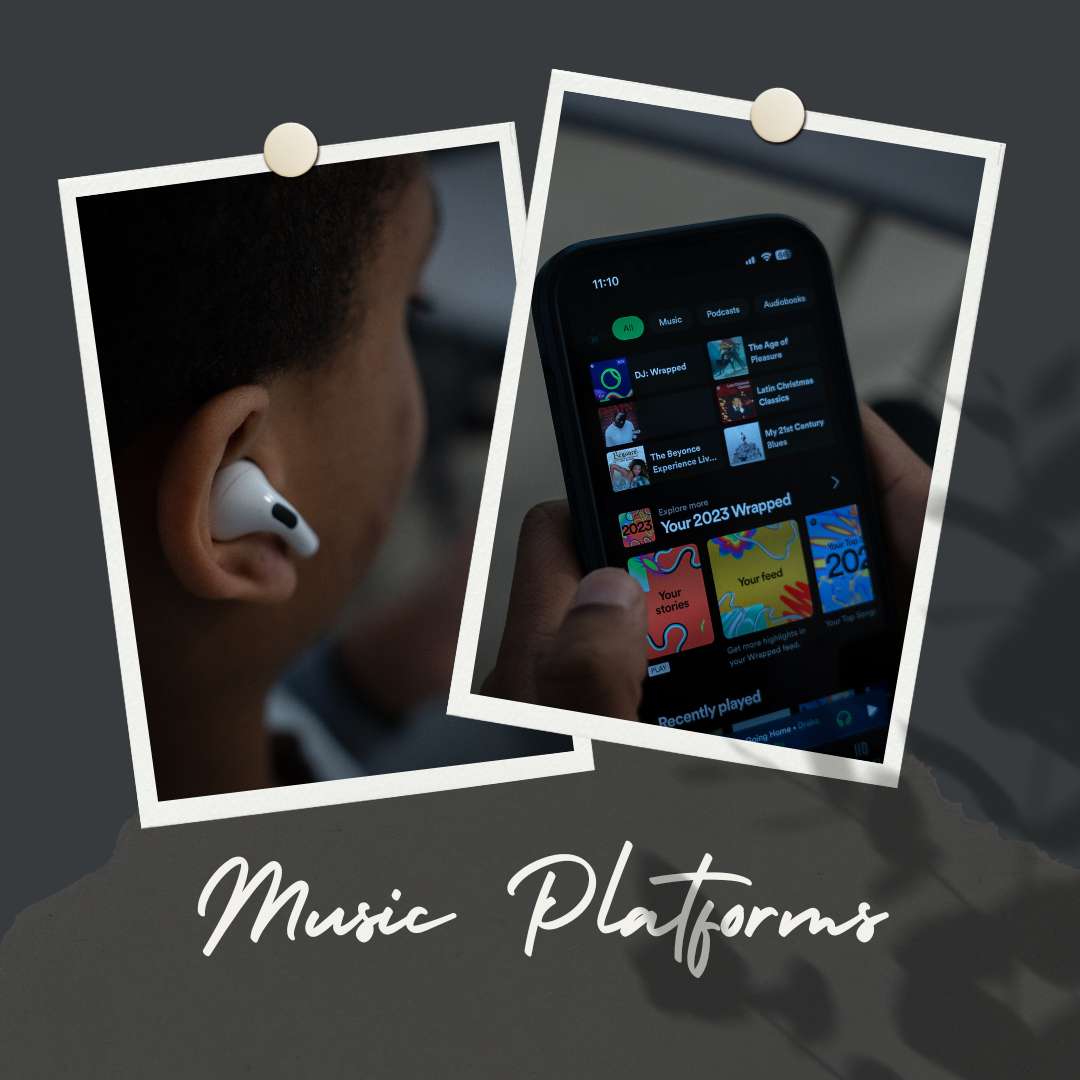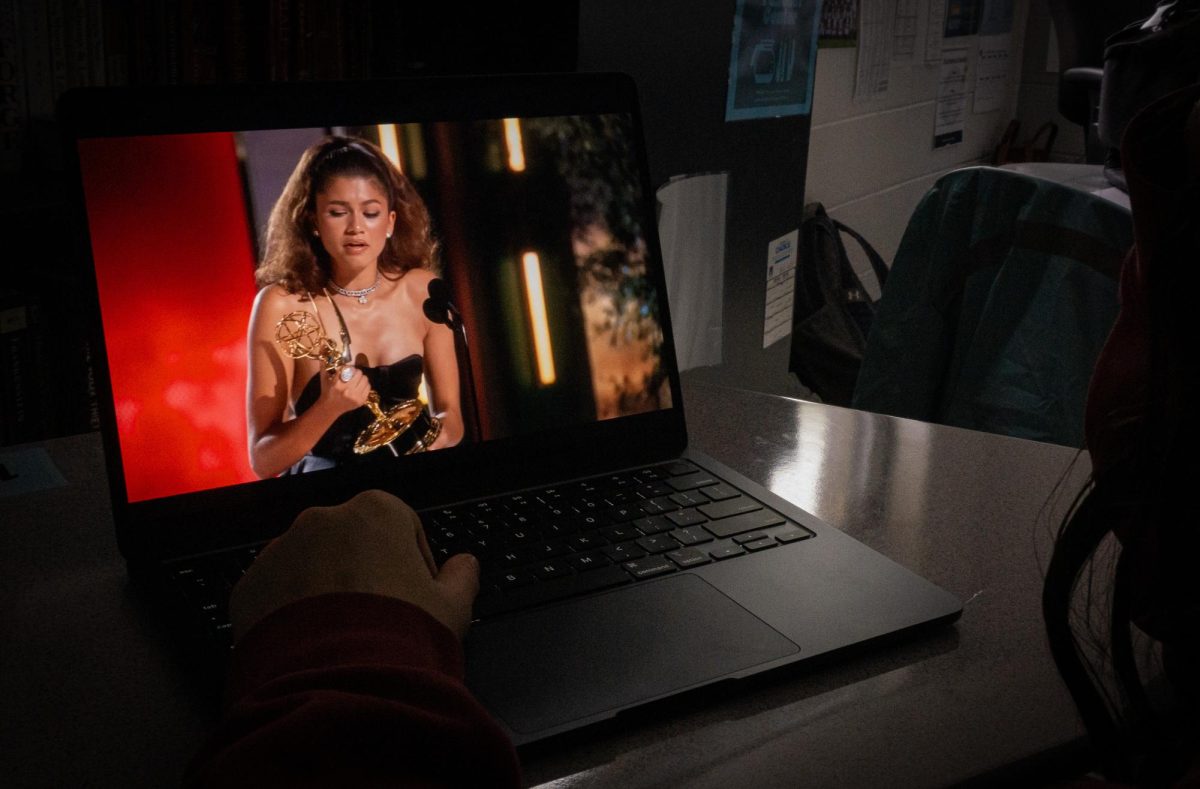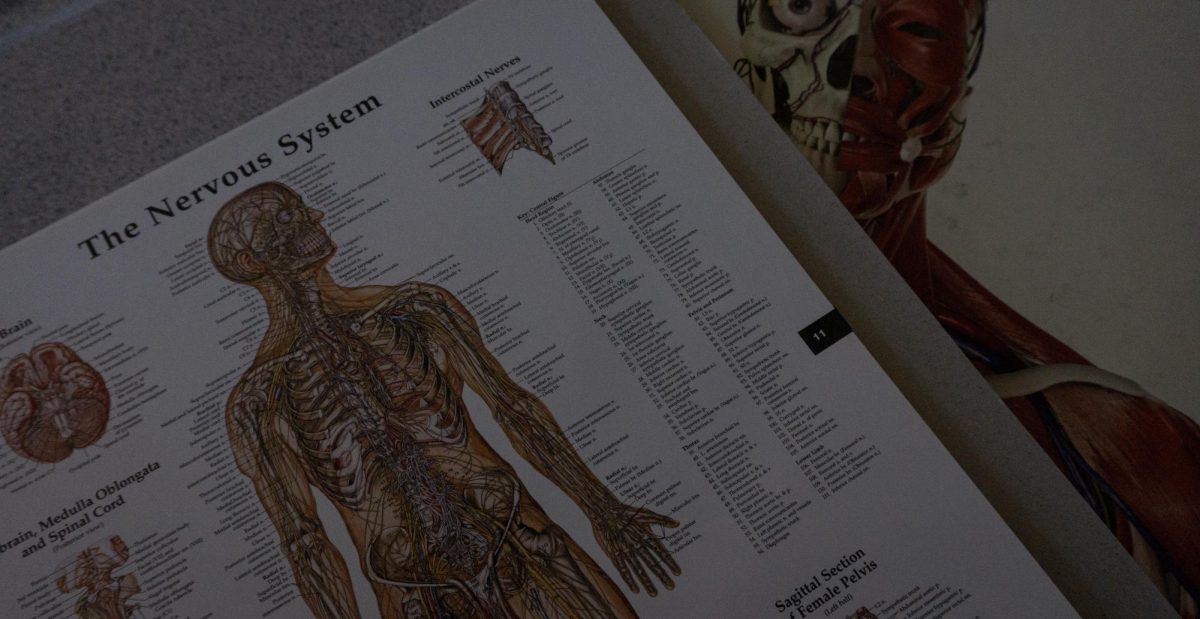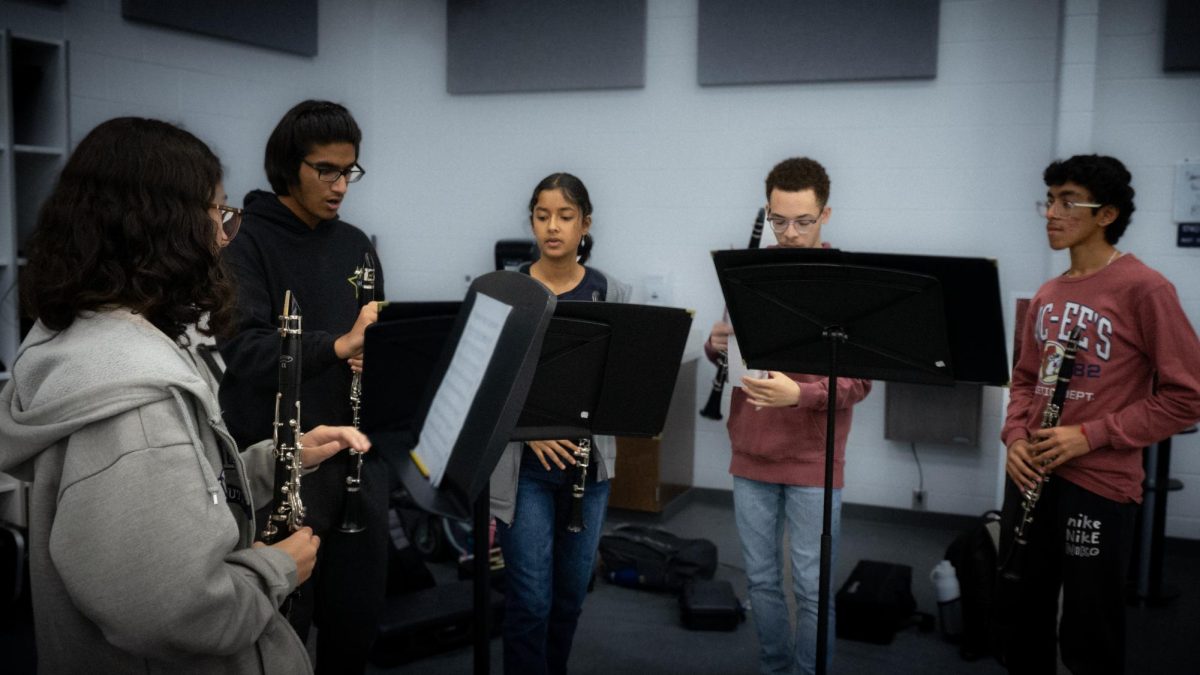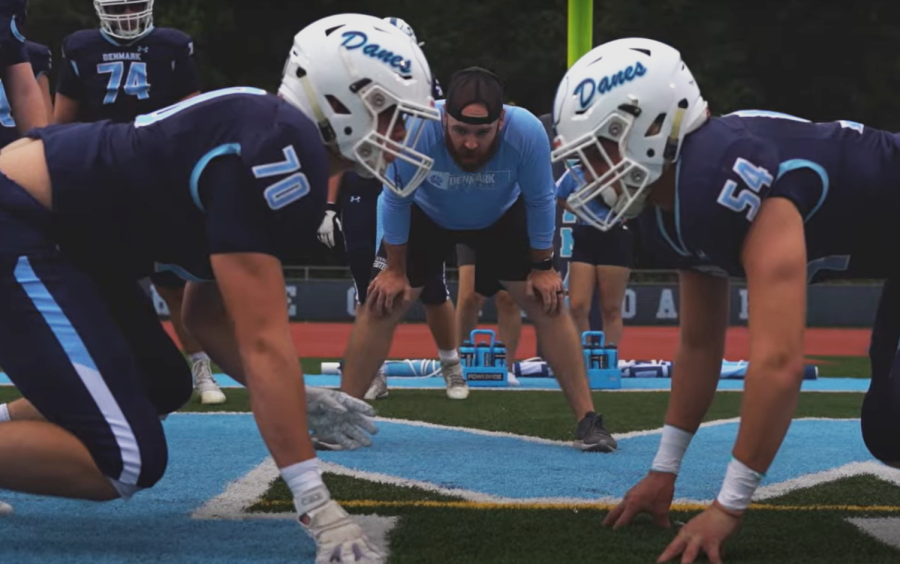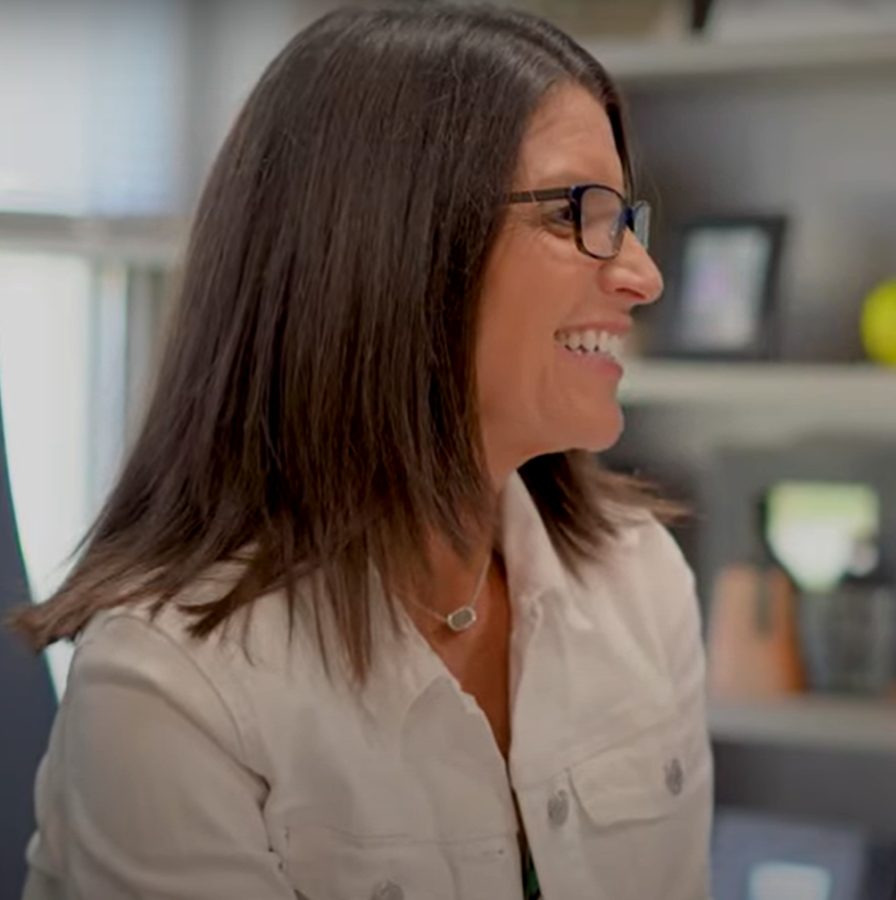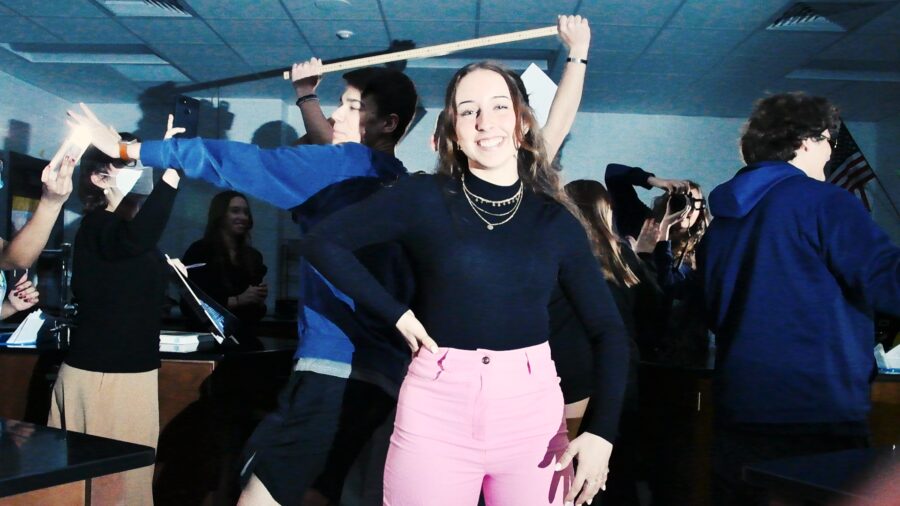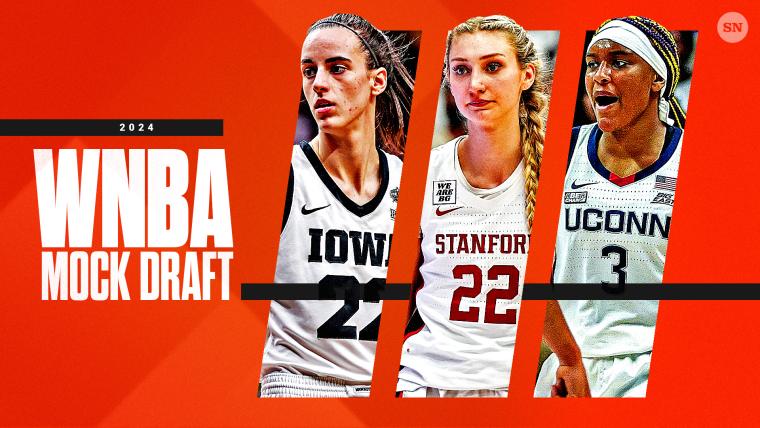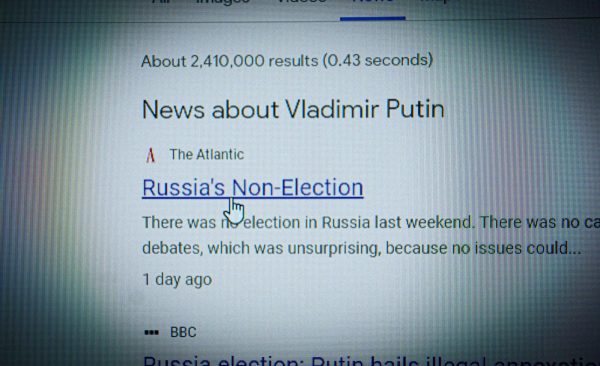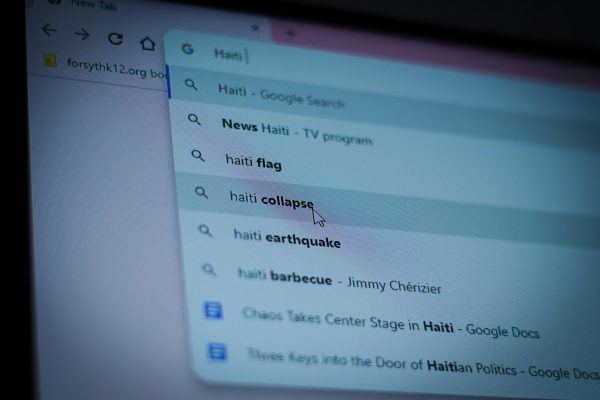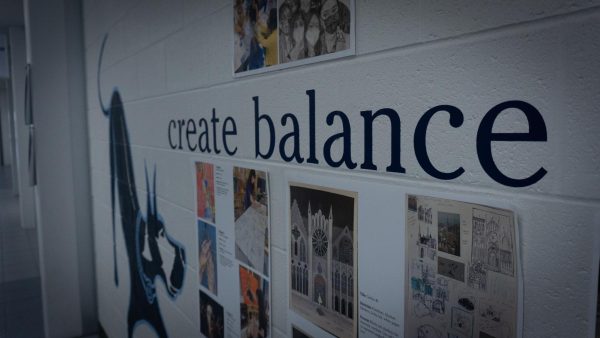The Harmful Nature of Political Apathy

A poster in the hallway informs students about registering to vote. One senior scans a QR code with voter information, in hopes of using her voice in future elections.
Turning 18 is a monumental milestone. The obligations that come with becoming a legal adult are some of the most pressure-inducing: paying taxes, buying a car, and renting an apartment. Being recognized as an adult by the government is transformative as it grants the right to vote. As a result, young voters feel pressured to use their voices for those who cannot- the underage, the non-citizens, or the mentally incapacitated.
Learning about global issues in the United States from a young age is crucial. Becoming well-versed and educated as a teenager is needed for community growth. Additionally, it develops individuals’ understanding of human rights and increases civic engagement.
Despite their influential role, teenagers avoid taking part in political involvement for fear of stigmatization and extremism. In a way to avoid conflict, rather than speaking out about social or political issues, many choose a form of neutralism. However, the 1st Amendment of the Constitution guarantees freedom of speech, and becoming politically involved is pivotal in determining the success of the future. In a world where many teenagers avoid voicing their opinions to avoid conflict, uniform mindsets consume society. Diverse opinions and opposing viewpoints make the world of politics so influential as they determine what direction the nation chooses to follow.
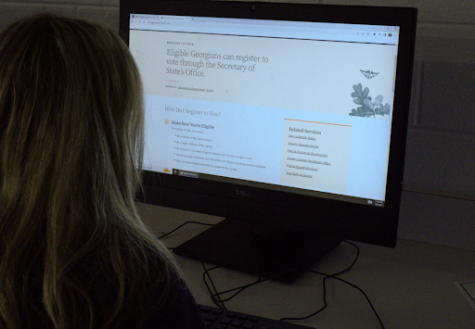
Mary Dzhibladze, a junior, is currently the Membership Officer for one of Denmark’s most politically active clubs, HSDA. She has attended numerous rallies for candidates and worked on campaigns to encourage voter registration. Although she is not of voting age, Mary believes that drawing attention to current events is necessary no matter the age. She first showed interest in politics at the age of 12. “I had just moved to the United States, and having been raised in a very politically corrupt country, I was amazed by the democracy that takes place here,” Mary explains. The idea of getting involved quickly sparked a passion in Mary’s life. She adds, “ I fell in love with the idea of fighting for what you believe in.”
The avoidance of choosing sides or fighting for specific beliefs stems from the worry of being seen as too opinionated. Additionally, many believe that learning about different beliefs is unnecessary in the sense that without being able to vote, their voices won’t matter. Mary proposes a question to young people who are worried about getting involved: “who else, if not us, will have to live in the world that we create today?” The future begins with the decisions made in the present; being knowledgeable in issues that matter is crucial to the development of the country. Political apathy only discourages individuals from getting educated from a young age. “It is the perfect time to learn [about political issues] so once you turn 18, you know what you stand for,” Mary adds.
Although election season has passed, registering to vote continues to be critical in preparation for future elections. One can register to vote when they turn 17 ½ years old to ensure they can vote when they turn 18 years old. Even without registration, there are still numerous ways to get involved in civic engagement. Campaigns are always on the lookout for individuals willing to complete door-to-door canvassing, phone banking, and political promotion.

Part-time student and full-time Swiftie. As a senior, I am ecstatic to collaborate with students and staff around the school as the section editor of News...


